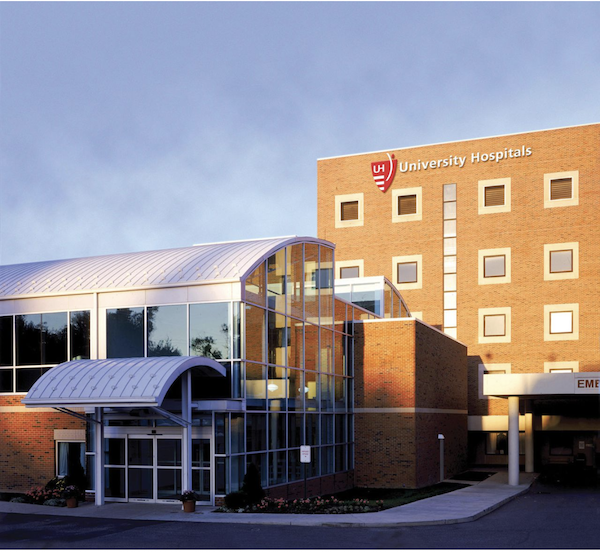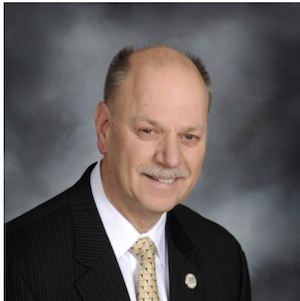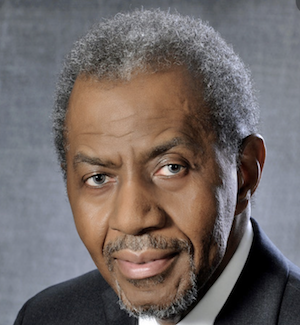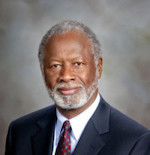City says action discriminates against low-income, minority populations

Calling the closure of Bedford Hospital as an unacceptable and immediate risk to the health and safety of the residents of Bedford and the surrounding communities, the City of Bedford filed a motion in Common Pleas Court seeking a restraining order to prevent University Hospitals from closing the facility.
“We are very concerned about the life-or-death implications this will surely have on Bedford and several southeastern communities,” said Bedford Mayor Stan Koci. “We plan to aggressively challenge this reckless and irresponsible decision to close, especially with such short notice. It is creating a medical desert in communities where the majority of residents are African American, economically disadvantaged, elderly and on Medicaid.”
UH announced July 14 it was ceasing hospital operations at its medical centers in Bedford and Richmond Heights effective today, Friday, August 12. The 30-day notice included the emergency departments and all inpatient services at both locations. The closures affect about 600 employees at the two locations and will severely impact the two cities' revenue from payroll taxes.
University Hospitals attributed the closures at the time to staffing shortages, especially nurses. But it is easy to see a familiar pattern of disinvestment in the two suburban areas that have substantial black populations.

Bedford Mayor Stan Koci
Koci said it is unacceptable that in Greater Cleveland which is one of the top health care markets in the nation that “there is such a disparity in the health care outcomes for lower income populations and African Americans, and that gap seems to be widening.”
The city’s motion says UH's decision to close Bedford Hospital is racial discrimination that will block or significantly limit the range of needed healthcare and emergency medical services from the predominantly African American populations of Bedford and its neighboring communities.
“Closing Bedford Hospital will exacerbate patient injuries and increase the morbidity and mortality rates of these populations,” Koci said.

Bedford Heights Mayor Fletcher Berger
Mayor Fletcher Berger of Bedford Heights agreed. “It is an individual’s and family’s fundamental right to have reasonable access to medical care,” said Berger. “This closure is a thinly veiled attempt by UH to shift its care from lower-income neighborhoods – that arguably need it the most – to the affluent suburban patient population. All Greater Clevelanders deserve the same level of access to healthcare.”
Nearly 100,000 residents live within five miles of the proposed closure. Longer travel times to hospitals and EMS squads add miles and minutes, and miles and minutes mean life or death.
“When it comes to the cardiac arrest, time is crucial,” said Bedford Fire Chief Dave Nagy “Every passing minute reduces the chance of survival. The increased travel times for families and our EMS squads traveling to get to other hospitals will unquestionably put patients at greater risk.”
UH officials said the Bedford facility was among their smallest and most underutilized and referenced a workforce shortage. But Bedford City Manager Mike Mallis said the city has been meeting in good faith with UH officials for over a year, on almost a monthly basis, and their statements to the City were starkly contrary to their public statements.
“UH officials described Bedford Hospital as ‘stable’ and said the emergency room visits were among the system’s highest,” he said. “When asked directly about the future of Bedford Hospital, they gave us assurances there were no plans to close this hospital or the emergency room. Instead, our office learned about the closure the morning they issued their press release.
Mallis said “Their decision to abruptly close the hospital under the guise of ‘staffing shortages’ is laughable. This is nothing more than furthering its plan to close an economically challenged suburban hospital and shift operations to Ahuja Medical Center which is located in an affluent suburb, undergoing a $236 million dollar expansion.
Mallis noted that UH has been reducing outpatient surgeries and intensive care cases over the past year.
Bishop Donte Thomas, pastor of Elevation Community Church in Bedford, said “lower income populations have long been dealing with stark inequities in health access, quality, safety and outcomes. Minorities and low-income residents are disproportionately affected by serious health issues including a higher prevalence of cancer, diabetes, kidney, heart disease and vascular disease, high blood pressure, mental health concerns, hepatitis, stroke and many other conditions.
“We must stand up and say this is unacceptable. We implore UH to revisit their very wrong-headed decision,” he said.
Within days of UH’s announcement, the system issued a study demonstrating that people in disadvantaged neighborhoods had a higher prevalence of cardiovascular disease. The study pointed to discriminatory lending practices known as “redlining” by lending institutions and how those practices were affecting communities with high levels of poverty.
“How profoundly hypocritical of them to be lecturing banks about loans and lending, and talking about needing to learn from history, when they appear to be doing the very same thing,” Koci said.
Koci noted UH has received more than $100 million in government aid over the last two years as a result of the pandemic.
“Their hollow plans to leave this facility as a wispy ‘wellness center’ of some sort can’t compensate for the tax loss that we face and the detrimental health consequences that will surely result,” he said.
“We implore UH to revisit this decision,” Koci said. We’ve asked them to reconsider or at minimum, delay their closing until alternative plans can be made, but they’ve declined. In healthcare we can’t afford to be hard-nosed or hard-hearted, looking at the bottom-line without concern for potential consequences. We must consider the human dimension and what their decision will mean to the people in the County’s southeast side.”
News of the lawsuit came too late in the day to obtain a statement from University Hospitals in response to the lawsuit.
• • •• • •











